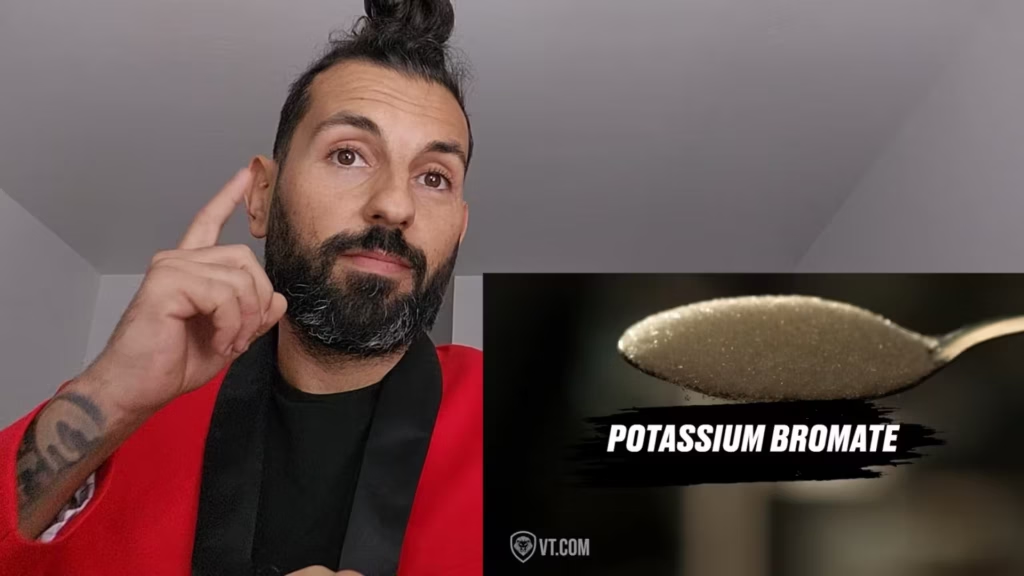The United States is known for many things, but one shocking reality is its paradoxical healthcare system. Despite spending 17.8% of its GDP—a whopping $1.5 trillion annually—on healthcare, the U.S. lags behind other developed nations in life expectancy, preventable deaths, and chronic disease management. This contradiction raises a critical question: how can a nation that spends the most on healthcare fail to achieve better health outcomes?
In a thought-provoking video by Valuetainment, these disparities are laid bare, and the data is alarming. Let’s break it down.

The Healthcare Paradox: Spending More, Living Less
Since 1980, life expectancy in the U.S. has not kept pace with other developed nations. In 1980, the gap between the U.S. and its peer nations was less than a year. Today, that discrepancy has ballooned to five years. Americans, on average, live shorter lives than their counterparts in countries like France, Germany, or even South Korea, despite having the most expensive healthcare system in the world.
What’s even more troubling is the consistent decline in U.S. life expectancy since 2008, a time when other countries have seen steady improvements. This reality underscores a critical failure in addressing the root causes of poor health outcomes.
Food Quality: A Silent Culprit
A significant factor in America’s health crisis lies in its food industry. Many preservatives, additives, and chemicals banned in Europe, Japan, and other parts of the world are still commonly used in U.S. foods. The video outlines stark contrasts:
- McDonald’s Fries: In the U.S., they’re laden with ingredients like hydrogenated soybean oil and dimethylpolysiloxane. In the UK, they’re much simpler—just potatoes, vegetable oil, and salt.
- Ketchup: U.S. ketchup contains high fructose corn syrup, while the UK version uses basic ingredients like tomatoes and vinegar.
- Mountain Dew: This popular soda contains brominated vegetable oil (BVO), banned in Europe and Japan due to its potential health risks.
- Cereal & Processed Foods: Common items like Honey Bunches of Oats, Stove Top Stuffing, and Coffee Mate contain preservatives linked to carcinogenic effects, yet they remain staples in American households.
The disparity in food quality is a glaring issue, with harmful substances in U.S. products contributing to chronic illnesses, obesity, and other health problems.

Obesity and Chronic Illness: A Growing Epidemic
The U.S. obesity rate is nearly double the OECD average, sitting at 42.8% compared to the global average of 25%. Obesity isn’t just about aesthetics; it’s linked to chronic conditions like heart disease, diabetes, and cancer.
Americans also have higher rates of multiple chronic conditions compared to other developed nations. These include asthma, depression, hypertension, and cancer. Worse, these conditions are increasingly affecting younger populations, highlighting the long-term consequences of poor dietary habits and systemic healthcare failures.
Healthcare System Failures
Beyond food, the structure of the U.S. healthcare system is itself a major issue. Despite a $1.5 trillion annual budget, the U.S.:
- Has among the lowest rates of physician visits per capita.
- Faces significant disparities in access to healthcare providers.
- Continues to grapple with avoidable deaths, maternal mortality, and infant mortality rates that are far higher than the OECD average.
These statistics highlight a healthcare system that prioritizes spending over effectiveness.
Can RFK Jr. Make America Healthy Again?
The video touches on Robert F. Kennedy Jr.’s vision for overhauling the U.S. healthcare system. RFK Jr. emphasizes tackling issues like food quality by removing harmful preservatives and additives, creating a healthier environment for children, and prioritizing preventative care.
If implemented effectively, these changes could lead to a healthier population, reduced healthcare costs, and improved quality of life. But achieving this would require significant political will and resistance to powerful food and pharmaceutical industry lobbies.
What Can We Do?
While systemic change takes time, individuals can take steps toward better health today:
- Choose Whole Foods: Opt for unprocessed, organic, and locally-sourced options when possible.
- Read Labels: Avoid products with harmful additives like BHA, BHT, high fructose corn syrup, and artificial colors.
- Educate Yourself: Watch documentaries like Forks Over Knives or What the Health to gain insights into the food and healthcare industries.
- Advocate for Change: Support policies and leaders who prioritize health reform and transparency.
- Prioritize Preventative Care: Regular exercise, balanced nutrition, and routine check-ups can prevent many chronic conditions.
Final Thoughts
America’s healthcare crisis is a sobering reminder that more spending doesn’t always equal better results. The issues span beyond hospitals and clinics, extending to the very food we consume and the lifestyle choices we make.
Valuetainment’s video serves as a wake-up call. It’s time for a collective shift toward accountability, transparency, and prioritizing health over profits. As RFK Jr. suggests, the goal isn’t just to live longer but to live healthier, more fulfilling lives.
If this resonates with you, share your thoughts in the comments and take steps toward a healthier future—for yourself and the next generation.
Youtube Link : https://youtu.be/IB9_UU_4NTg
